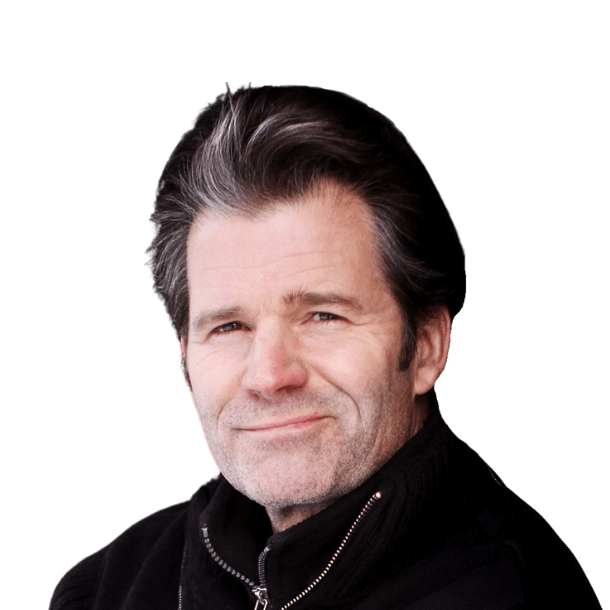Join me in this live two-hour class and discover the Five Things I’ve Learned about writing, revision, and the glorious challenge of bringing your work to its fullest fruition.
My name is Andre Dubus 3, and I invite you to join me for my two-hour class, Five Things I’ve Learned about the Absolute Necessity of Revision.
All my adult life I’ve written both fiction and creative non-fiction. As the author of a memoir, five novels, a collection of personal essays, two short story collections and a third forthcoming – if I’ve learned anything over the course of my writing life, I’ve learned this: the writing is larger than the writer, and my time at the desk tends to go far better not when I set out to say something, but when I set out to discover what needs to be said, dramatized, and illuminated.
This takes time, of course, often years, and once all that work is done and there’s a stack of hard-earned pages on the desk, this is when the real work begins!
In a wonderfully helpful letter to young writers, novelist and short story writer, Richard Bausch, writes that, “If you think you’re thinking when you’re writing, think again; you’re much closer to the dreaming side of your brain, so dream, dream, dream it through.” He then goes on to say that after you’ve “dreamed” that first draft, which could very well be a three-year, 300-page manuscript, try to look at it the way a doctor looks at an X-ray and allow yourself to be “terribly smart” about what you’ve dreamed.
This stage of artistic effort and creation is absolutely essential, and too many writers, I would argue, give it short shrift.
Short story master, Stuart Dybek, writes: “A story is always talking to you; you just have to learn to listen to it.”
George Saunders, in his A Swim in the Pond in the Rain, expounds on this further, and asserts that “revising like this is a way of listening to the story and of having faith in it; it wants to be its best self, and if you’re patient with it, in time, it will be. A piece written and revised in this way, like one of those seed crystals in biology class, starts out small and devoid of intention and begins to expand, organically, reacting to itself, fulfilling its own natural energy.”
And essayist, journalist, memoirist, Vivian Gornick, could not agree more: “Revision isn’t cleaning up after the party. It is the party.”
Come to this class, and I’ll lay out some of the basic tools of revision for you to use in your own glorious challenge to bring your work to its fullest fruition, “fulfilling its own natural energy.”
Thank you, and I look forward to working with you.
– Andre

